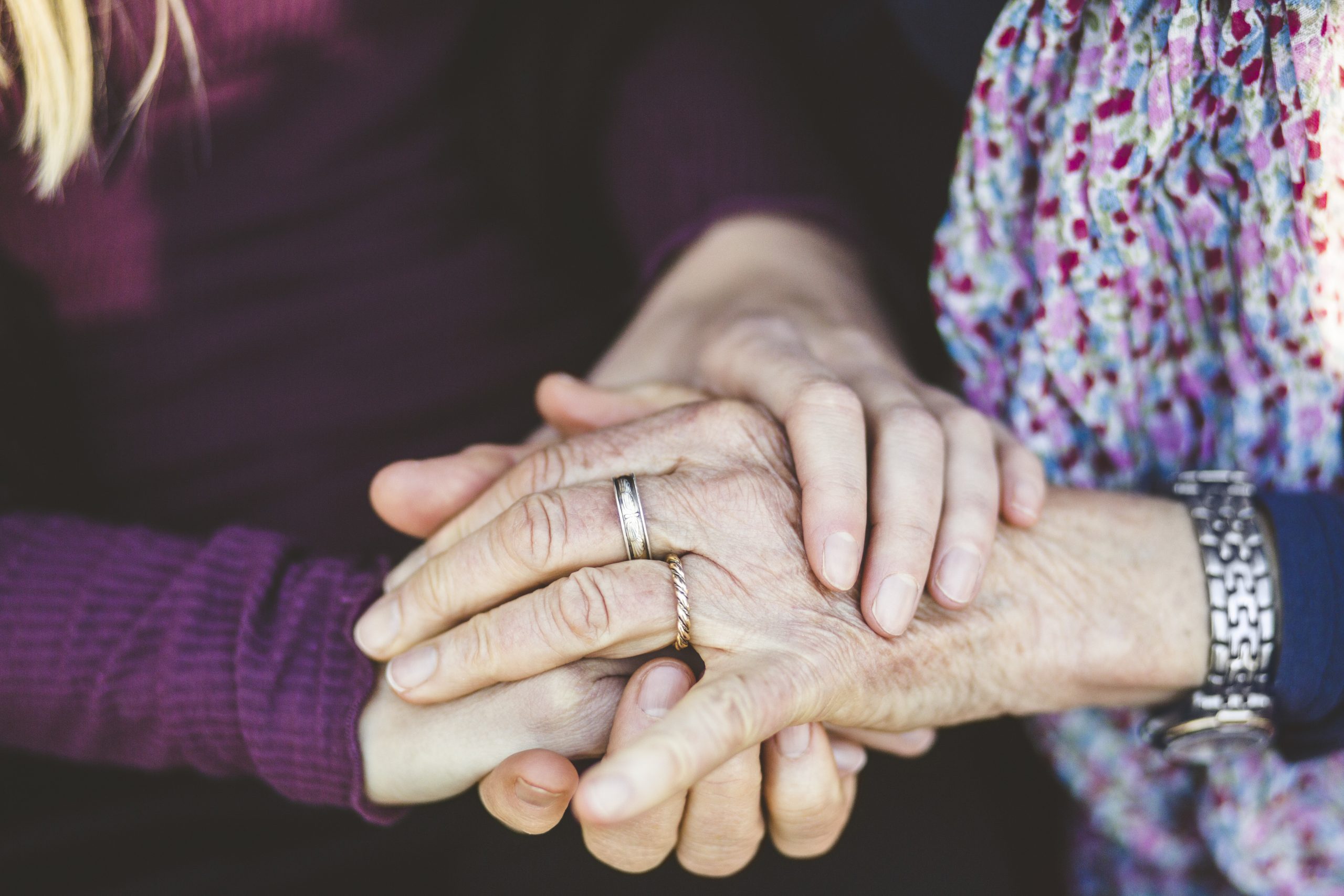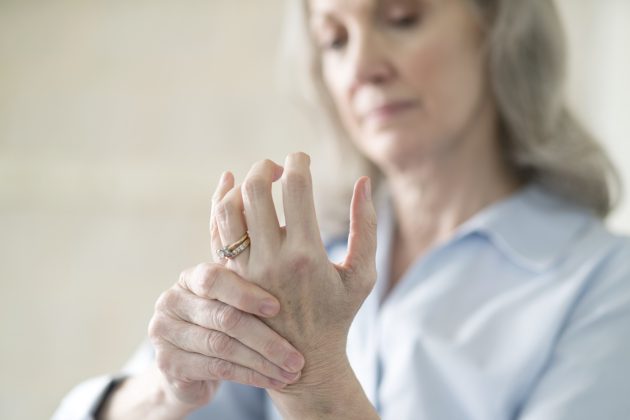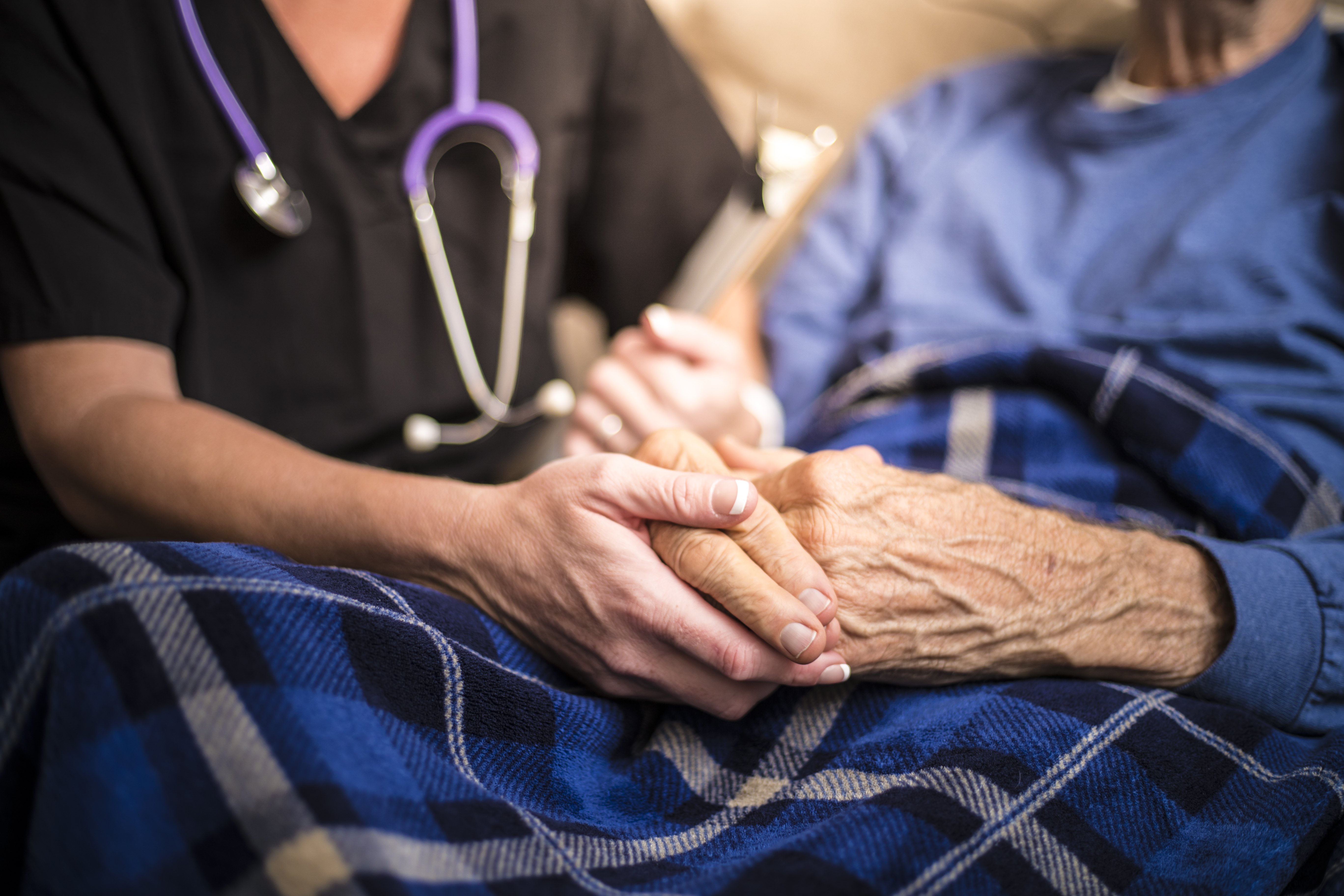Parkinson’s disease: causes, early signs and everything else you need to know
Following the news of Ozzy Osbourne's diagnosis, we explore everything you should know about Parkinson's...

Every hour, two people in the UK will learn that they have Parkinson’s disease - an incurable progressive neurological illness.
Here, Victoria Lambert talks to Professor David Dexter, Deputy Director of Research and Development at Parkinson’s UK, to find out everything you need to know...
What causes Parkinson’s disease?
Our brain communicates with our bodies via chemical messengers; one of these is called dopamine. But in people with Parkinson’s, the cells that produce dopamine start to die off and aren’t replaced. Once around 60% of those cells are extinct, symptoms start to occur.
What are the symptoms of Parkinson’s disease?
The most common are tremors, stiffness and slowness of movement – lack of dopamine means the brain can’t tell the muscles what to do. Plus other cells that use other chemical messengers die in the brain, causing depression, anxiety and memory loss.
Who’s at risk?
MORE:Sharon Osbourne breaks down as husband Ozzy reveals Parkinson’s disease diagnosis
There are gene mutations that predispose people to getting rare forms of Parkinson’s, but the vast majority of cases happen sporadically.
Can oestrogen help?

The ratio of male-to-female sufferers can be as high as 4:1. It’s thought oestrogen could have a protective effect as the chance of women getting it increases after menopause.
Sign up for the woman&home newsletter
Sign up to our free daily email for the latest royal and entertainment news, interesting opinion, expert advice on styling and beauty trends, and no-nonsense guides to the health and wellness questions you want answered.
What are the early signs of Parkinson’s?
It’s often diagnosed after a GP visit for something like a shoulder stiffness that feels like a sprain. Handwriting that starts to get smaller is a classic indication.
Another possible early sign is REM sleep behaviour disorder (RBD), where sleepers physically move limbs. Studies have shown that 70% of those diagnosed with RBD will go on to develop a neurological disorder, usually Parkinson’s.
What are the Parkinson’s disease treatment options?
Early diagnosis helps. Before the stage where a patient shows full-blown tremor and rigidity, the drug levodopa can get the brain to create more dopamine.
Treatment aims at replacing lost dopamine – this has been effectively the same for 50 years. There’s an urgent need to develop therapies to stop the loss of brain cells. If experts can find out who’s susceptible to the condition, drugs can be given earlier.

Can diet and exercise help?
It’s important to eat a healthy vitamin-rich diet full of flavonoids, the phytonutrients in colourful fruit and veg. Parkinson’s UK recommends doing 2.5 hours of exercise a week.
Find out more about Parkinson’s at parkinsons.org.uk.
-
 Need spring style inspiration? Jennifer Aniston proves a shirt dress is the most versatile item you can invest in
Need spring style inspiration? Jennifer Aniston proves a shirt dress is the most versatile item you can invest inIf you only buy one piece this weekend, make it a shirt dress
By Matilda Stanley Published
-
 Celebrities you never knew got their start as models, from Angelina Jolie's 'terrible' experience to A-listers who started as pageant queens
Celebrities you never knew got their start as models, from Angelina Jolie's 'terrible' experience to A-listers who started as pageant queensWhether it was just for a short time or it's how they got discovered for something else, these stars owe it all to striking a pose
By Jack Slater Published